News
It’s 2017. Where are the Queer Horror Characters?
Pride Month is here again. This year we celebrate two years since the Supreme Court decision for marriage equality. We celebrate increased visibility in both television and film for LGBTQ characters and issues. We still have a long way to go with a Vice President who believes in conversion therapy and a President who pretends we don’t exist at all unless he can use us in some way, but we have been making steps.
And yet…
As a gay man who is an avid horror fan, I cannot help but notice that another year has come and gone without a single queer character in a mainstream horror film. Not one, and before you jump on my case, think about it. I’m not talking about subtext. I’m not talking about moments that hint at the possibility that a character might be in some way perceived as a member of the LGBTQ community. I’m talking about an LGBTQ character written and performed that way.
Until recently, I could not put my finger exactly on a why it was that we were constantly omitted. We’re certainly included in indie films all the time. In fact, there are a host of independent films that have not only featured queer characters in the last year, but entire films have been built around them, but the problem is that most don’t have the resources or reach for widespread audiences.
How many of you have seen Dominic Haxton’s short film “Tonight It’s You”? The 2016 short film centers around C.J. who goes out late one night for a hookup and finds himself in the center of an exorcism gone horribly wrong. How many have seen Pitchfork which centers around a young gay man going home to seal the deal on coming out to his family, only to find them murdered and he and his friends tracked by a feral killer with a pitchfork for a hand?
There are exceptions to this, of course. One has to applaud The Taking of Deborah Logan from 2014 for not only including a lesbian character in their film, but also for making her the most real lesbian I’ve ever seen in a horror film. She wasn’t there to titillate the young male demographic by running around half naked and making passes at the other female characters. Rather, she was a fully developed female character dealing with horrific circumstances who just happened to be a lesbian. Deborah Logan exploded due to word of mouth about the excellent film and reached a much wider audience than the filmmakers ever expected.

Anne Ramsay and Jill Larson in The Taking of Deborah Logan
Many of these filmmakers never see this kind of following, and yet they continue to work, creating new queer characters for audiences to sink their teeth into, and we clamor for them even when they aren’t the best films because we are starved for representation.
But let’s get back to the issue at hand. What’s keeping queer characters out of mainstream horror films? Are we simply not being written into the scripts or are studio heads and producers stepping in to make changes? And why does it matter anyway?
OK, let’s break this down:
Are queer characters not being written into scripts or are our orientations being straightened to make the squeamish suits in charge more comfortable?
I had the great pleasure of speaking with a noted Hollywood screenwriter recently and we found ourselves on this particular subject. He mentioned that in every single one of his scripts, he always includes one or two queer characters. He lamented that most of the time those characters’ orientations were changed and for two reasons.
- The actor cast in the role isn’t comfortable playing gay or his representation doesn’t want him to be typecast early in his career. I say bullshit to this. If an actor isn’t comfortable playing gay, he shouldn’t have auditioned for the part. There are so many queer actors out there and I know there has to be one of them who’d jump at the chance to take the role. If you’re a straight male who can’t play gay because you’re afraid of what people will say or you don’t think you can handle it, bow out gracefully or, better yet, don’t audition for the role in the first place in the hopes that it will change later.
- The producers get squeamish. The writer I spoke to said he’s never had a problem with a director wanting to change the orientation of his characters, and it certainly isn’t from the camera operators and various other crew. No, his problems have almost always come from the producers. Producers who “worry they will lose some of their audience” if they have a main character who’s gay. Producers who worry they won’t be able to sell a film in certain areas of the country/world because a character is gay. I mean, according to the religious right we’re responsible for earthquakes, train wrecks, and various other disasters, so I suppose it’s not that far-fetched that a movie might lose a few bucks. My question to them, however, is if they’ve crunched the numbers on how much money they’d make from the LGBTQ community if they DID keep those characters as they were written.
Why does it matter anyway?

Denis O’Hare as Liz Taylor in American Horror Story
To be completely frank, because it does. The target audience for horror films according to SlideShare.com is lower to middle class white males aged 15-25. It might or might not surprise you to find that there is a significant overlap of the demographics with those groups listed by the Human Rights Coalition as most likely to commit hate crimes against the queer community.
Now, imagine if we could normalize queer characters for this particular demographic. Imagine if they saw, more regularly, characters in horror films who were, in fact, LGBTQ. That’s not the most important thing about them. That’s not the thing that stands out most about them. They just happen to be queer and dealing with the same slasher/threat as everyone else in the film.
Also, those young queer horror fans, like everyone else, look for themselves in film. You’d be surprised just how much it means to a young queer kid to see someone like them on film and to know that they aren’t alone in this world. Why do you think “American Horror Story” continues to do so well in the ratings with young queer audiences? Ryan Murphy, because he is gay himself, continues to write queer characters for the show each season. You’d be surprised how much seeing themselves on film can mean the difference between life and death.
And finally, what’s the answer?

Mark Patton and Robert Rusler in A Nightmare on Elm Street 2
Well, for starters, that isn’t clear cut. Yes, we want representation in horror, but much like minority actors up for an Oscar, we don’t want it to feel like a consolation prize or that it was given to us just to shut us up. However, I do feel like compromises from both sides will have to be made before all of this is said and done.
For one thing, we must be willing to accept being stereotyped to at least some degree, especially in the beginning. Everyone in a horror movie is a stereotype of some kind. From the dumb blonde to the horny jock to wimpy nerd with a heart of gold to the final girl, the genre is based on these tropes. That’s the entire reason Cabin in the Woods exists. It is an indignity, but one that must be suffered through if we are to gain footing. After all, for every Laurie Strode who turns and fights, there are a hundred Lyndas and Annies who are served up on the chopping block.
Likewise, producers, writers, etc. have to meet us halfway. We promise if you write us into your films and show us through the same lens as everyone else, we will show up. We will watch and we will bring our friends with us.
We cannot accept tokenism outright, however. Being the token queer can be almost as harmful as not being represented at all. Horror blogger Wendy N. Wagner says this on tokenism:
“What makes it so frustrating when bad things happen to queer characters is that it’s usually that the queer couple—or the one queer character—that’s it, they’re the only queers on the screen, and they’re sort of like the token. And any time you have a situation where someone is the token, they’re kind of like the stand-in for every queer person who’s watching the movie. … [But] when you have a whole bunch of queer characters and bad things are happening, it’s just like, well, horror sucks. … If you have a lot of great queer characters in your story, it doesn’t really matter if one of them gets their head chopped off and Cthulhu sucks out their blood, because that’s just going to happen to everybody.”
For those who have read this far and are wondering what the solution is, I’m afraid there is no clear answer other than queer horror fans everywhere want and in some instances need to see themselves onscreen.
I do know this: In 20 years, we don’t want A Nightmare on Elm Street 2 and Hellbent to still be the only films that immediately spring to mind when we’re talking about queer horror films. We are more than these two films and we demand more from horror filmmakers.
'Civil War' Review: Is It Worth Watching?
Follow our new YouTube channel "Mysteries and Movies" here.
Movies
‘Evil Dead’ Film Franchise Getting TWO New Installments
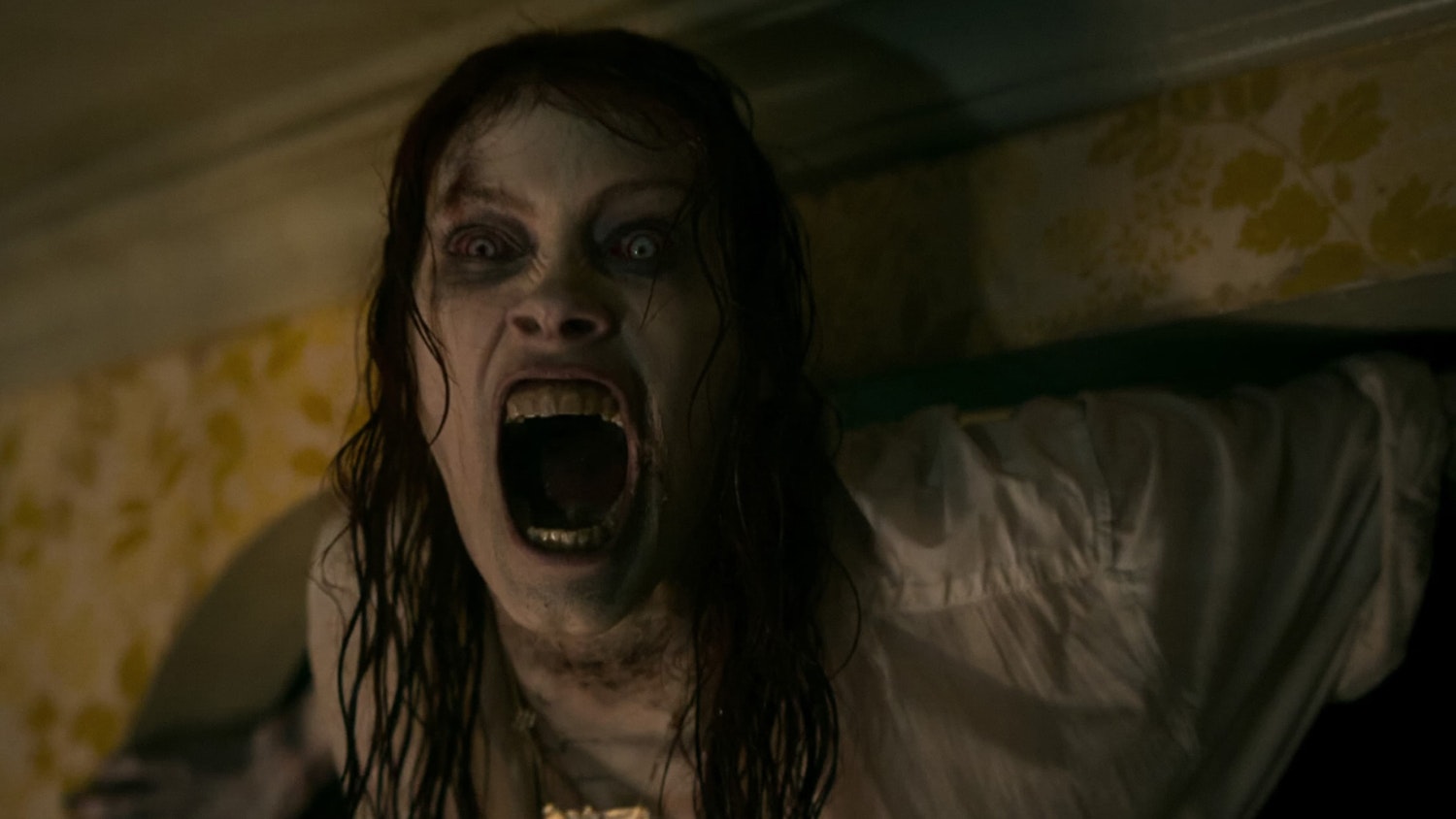
It was a risk for Fede Alvarez to reboot Sam Raimi’s horror classic The Evil Dead in 2013, but that risk paid off and so did its spiritual sequel Evil Dead Rise in 2023. Now Deadline is reporting that the series is getting, not one, but two fresh entries.
We already knew about the Sébastien Vaniček upcoming film that delves into the Deadite universe and should be a proper sequel to the latest film, but we are broadsided that Francis Galluppi and Ghost House Pictures are doing a one-off project set in Raimi’s universe based off of an idea that Galluppi pitched to Raimi himself. That concept is being kept under wraps.
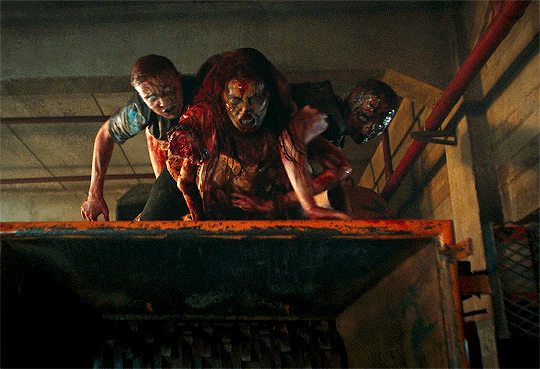
“Francis Galluppi is a storyteller who knows when to keep us waiting in simmering tension and when to hit us with explosive violence,” Raimi told Deadline. “He is a director that shows uncommon control in his feature debut.”
That feature is titled The Last Stop In Yuma County which will release theatrically in the United States on May 4. It follows a traveling salesman, “stranded at a rural Arizona rest stop,” and “is thrust into a dire hostage situation by the arrival of two bank robbers with no qualms about using cruelty-or cold, hard steel-to protect their bloodstained fortune.”
Galluppi is an award-winning sci-fi/horror shorts director whose acclaimed works include High Desert Hell and The Gemini Project. You can view the full edit of High Desert Hell and the teaser for Gemini below:
'Civil War' Review: Is It Worth Watching?
Follow our new YouTube channel "Mysteries and Movies" here.
Movies
‘Invisible Man 2’ Is “Closer Than Its Ever Been” to Happening

Elisabeth Moss in a very well-thought-out statement said in an interview for Happy Sad Confused that even though there have been some logistical issues for doing Invisible Man 2 there is hope on the horizon.
Podcast host Josh Horowitz asked about the follow-up and if Moss and director Leigh Whannell were any closer to cracking a solution to getting it made. “We are closer than we have ever been to cracking it,” said Moss with a huge grin. You can see her reaction at the 35:52 mark in the below video.
Whannell is currently in New Zealand filming another monster movie for Universal, Wolf Man, which might be the spark that ignites Universal’s troubled Dark Universe concept which hasn’t gained any momentum since Tom Cruise’s failed attempt at resurrecting The Mummy.
Also, in the podcast video, Moss says she is not in the Wolf Man film so any speculation that it’s a crossover project is left in the air.
Meanwhile, Universal Studios is in the middle of constructing a year-round haunt house in Las Vegas which will showcase some of their classic cinematic monsters. Depending on attendance, this could be the boost the studio needs to get audiences interested in their creature IPs once more and to get more films made based on them.
The Las Vegas project is set to open in 2025, coinciding with their new proper theme park in Orlando called Epic Universe.
'Civil War' Review: Is It Worth Watching?
Follow our new YouTube channel "Mysteries and Movies" here.
News
Jake Gyllenhaal’s Thriller ‘Presumed Innocent’ Series Gets Early Release Date
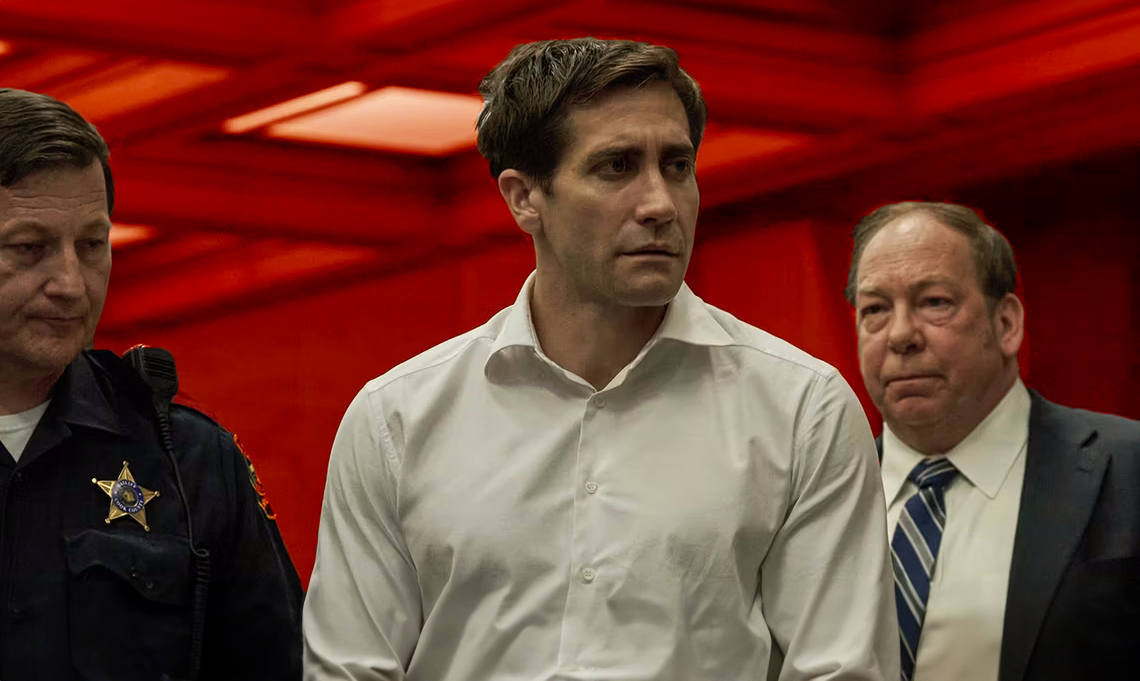
Jake Gyllenhaal’s limited series Presumed Innocent is dropping on AppleTV+ on June 12 instead of June 14 as originally planned. The star, whose Road House reboot has brought mixed reviews on Amazon Prime, is embracing the small screen for the first time since his appearance on Homicide: Life on the Street in 1994.
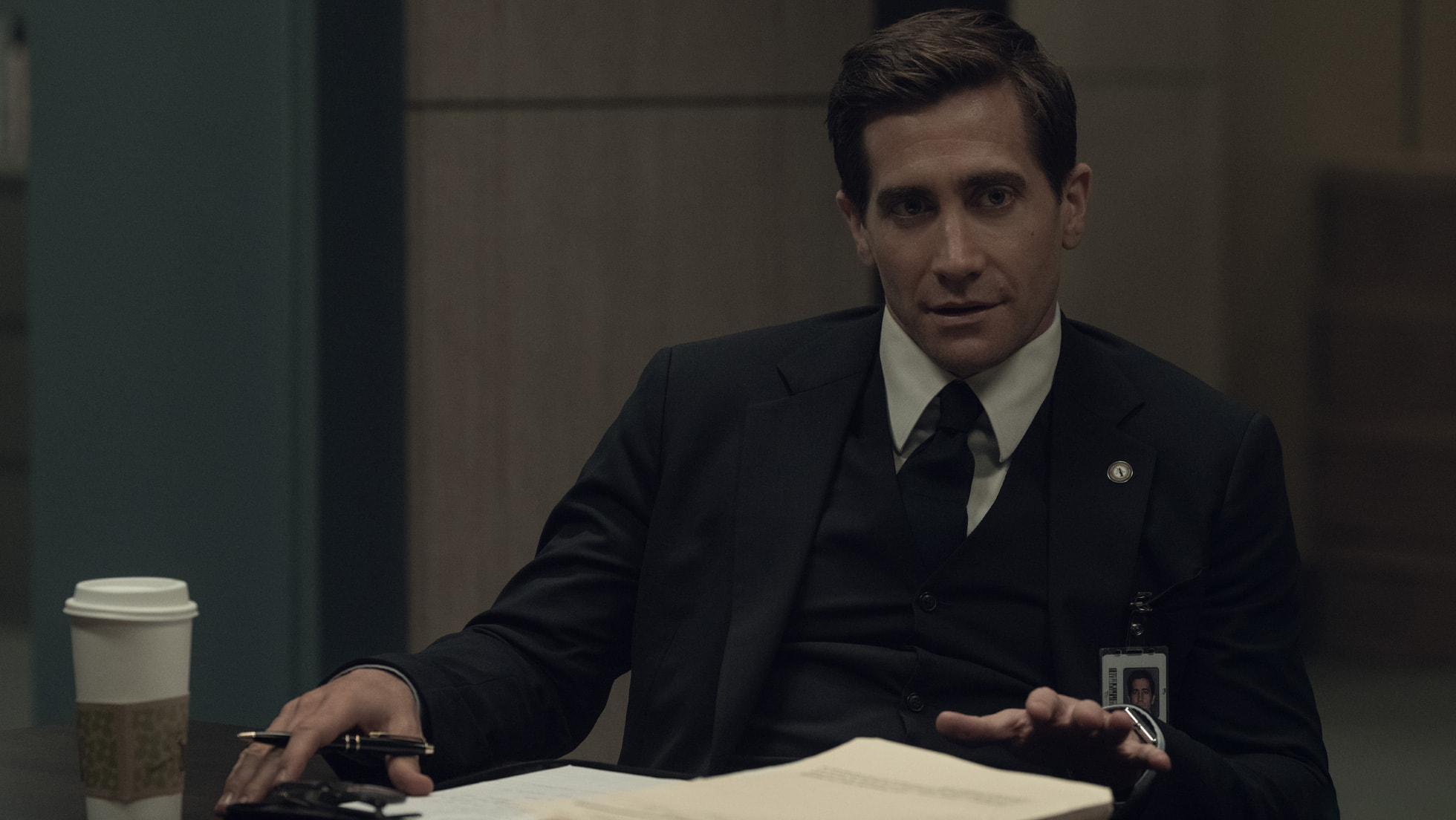
Presumed Innocent is being produced by David E. Kelley, J.J. Abrams’ Bad Robot, and Warner Bros. It is an adaptation of Scott Turow’s 1990 film in which Harrison Ford plays a lawyer doing double duty as an investigator looking for the murderer of his colleague.
These types of sexy thrillers were popular in the ’90s and usually contained twist endings. Here’s the trailer for the original:
According to Deadline, Presumed Innocent doesn’t stray far from the source material: “…the Presumed Innocent series will explore obsession, sex, politics and the power and limits of love as the accused fights to hold his family and marriage together.”
Up next for Gyllenhaal is the Guy Ritchie action movie titled In the Grey scheduled for release in January 2025.
Presumed Innocent is an eight-episode limited series set to stream on AppleTV+ starting June 12.
'Civil War' Review: Is It Worth Watching?
Follow our new YouTube channel "Mysteries and Movies" here.
-
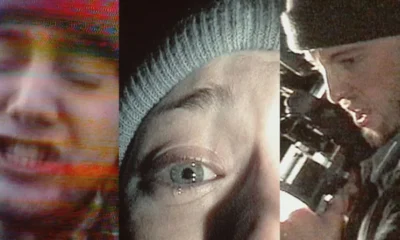
 News5 days ago
News5 days agoOriginal Blair Witch Cast Ask Lionsgate for Retroactive Residuals in Light of New Film
-
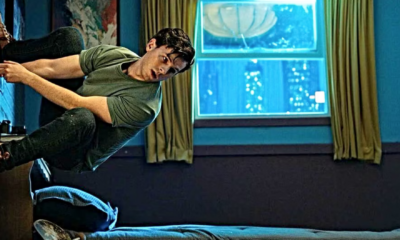
 Movies6 days ago
Movies6 days agoSpider-Man With a Cronenberg Twist in This Fan-Made Short
-
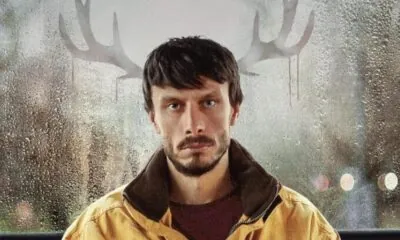
 News3 days ago
News3 days agoPerhaps the Scariest, Most Disturbing Series of The Year
-
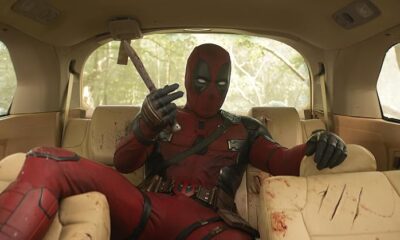
 Movies4 days ago
Movies4 days agoNew F-Bomb Laden ‘Deadpool & Wolverine’ Trailer: Bloody Buddy Movie
-
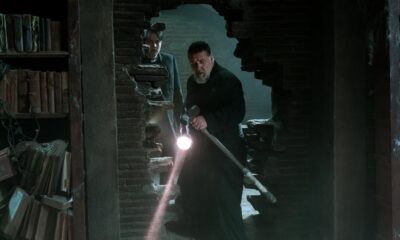
 News4 days ago
News4 days agoRussell Crowe To Star in Another Exorcism Movie & It’s Not a Sequel
-
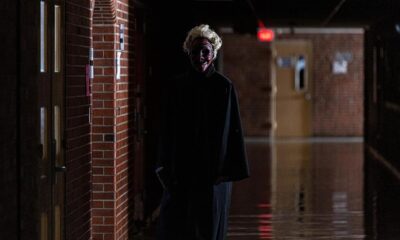
 Movies4 days ago
Movies4 days ago‘Founders Day’ Finally Getting a Digital Release
-
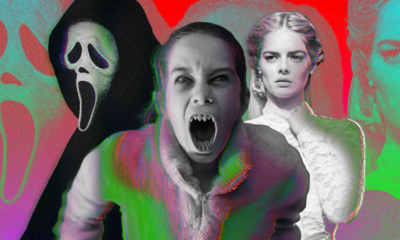
 Lists3 days ago
Lists3 days agoThrills and Chills: Ranking ‘Radio Silence’ Films from Bloody Brilliant to Just Bloody
-
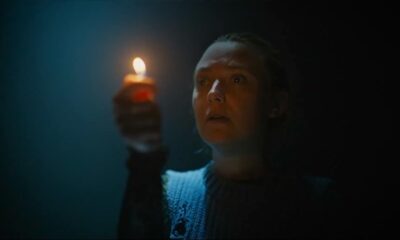
 Movies4 days ago
Movies4 days agoNew ‘The Watchers’ Trailer Adds More to the Mystery

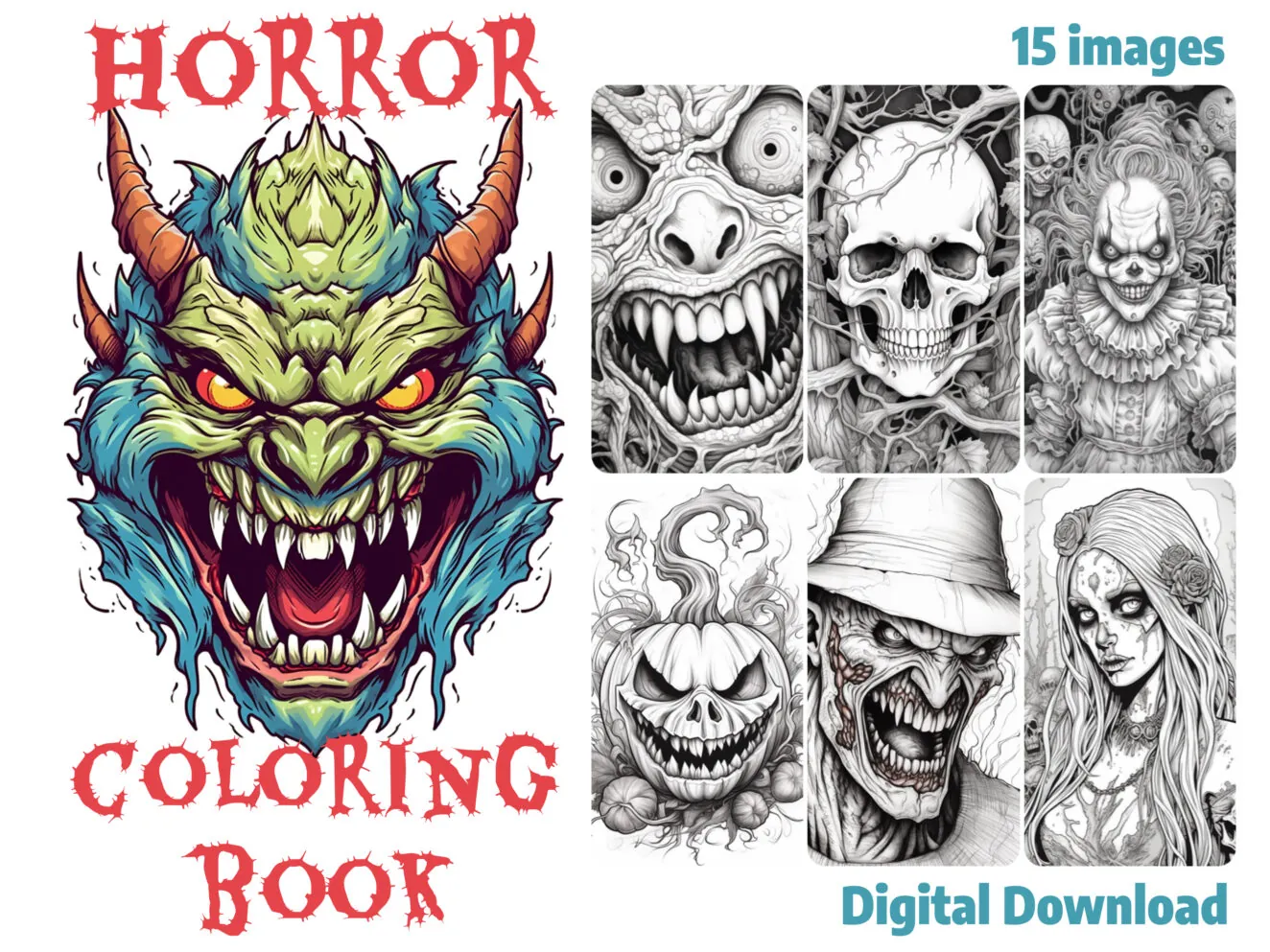
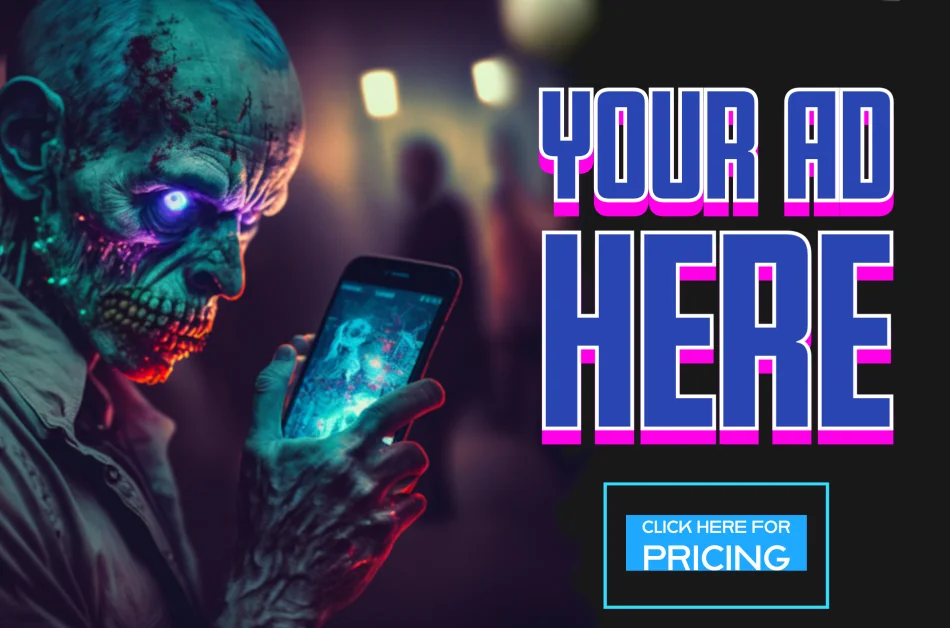




















You must be logged in to post a comment Login